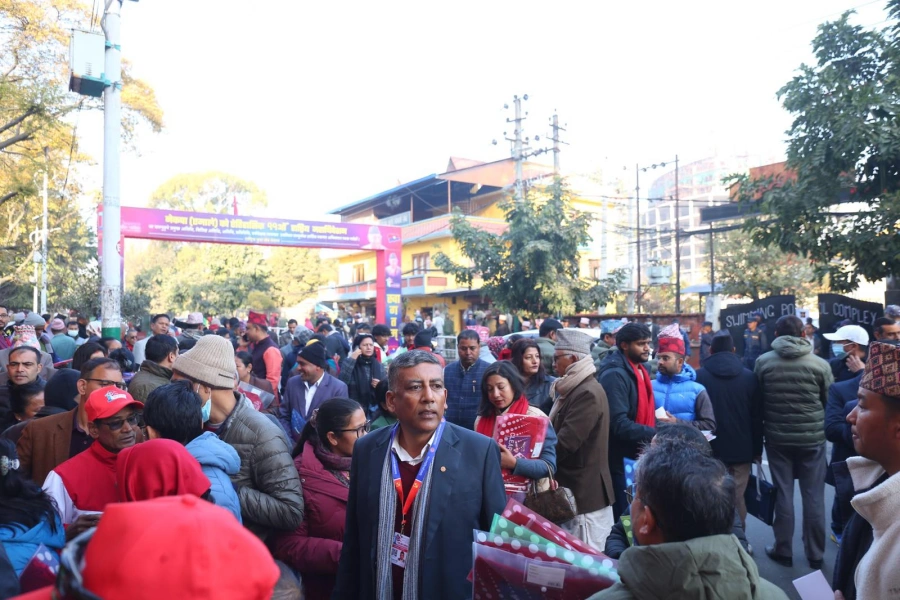SINDHULI, Feb 4: Junar, Nepali sweet orange, is not eligible to be exported to the Chinese market owing to quality control issues imposed by the Chinese authorities.
An agreement was reached between the Nepali and Chinese governments in 2012 to give the Nepali sweet orange farmers access to the Chinese market. If duly observed, the agreement would give the farmers in Sindhuli access to the larger Chinese market for their sweet orange. But it has not happened yet, for which the blame goes to the agreement itself, according to stakeholders.
Experts say that the agreement reached between the two governments was flawed, due to which the product is regarded ineligible for the Chinese market. A clause in the agreement states that the gardens in which sweet oranges are grown should be free of insects or sources that threaten to contaminate the fruits.
MPs cry foul: Bureaucrats tweaked cooling-off clause on purpose

Nepal’s Junar development association claims that farmers have to bear an unreasonable amount of cost to get rid of the insects in the gardens, which will render the product non-competitive in the market due to high price.
Deepak Koirala, president of the association, said: “The agreement reached between the two governments was not helpful from the very beginning.”
He further added that the agreement should have stated that the fruits exported to the Chinese market should be free of insects and harmful illness. However, a clause in the agreement states that the gardens in which the fruits are grown should be free of insect and any potential source that might deteriorate the quality of the fruit.
Similarly, chief of Agricultural Modernization Office, Dev Raj Adhikari, said: “It is not financially feasible for farmers in the hilly region to free their garden of seven different types of sources that pose potential threats to degrade the quality of fruit.”
Simply put, the cost associated to get rid of the potential threats in the gardens would reflect on its market prices and would strip the fruit of its competitive edge in the Chinese and also the domestic market.
Experts said the revenue of farmers in the region could double if the fruits found its way to the Chinese market.





































